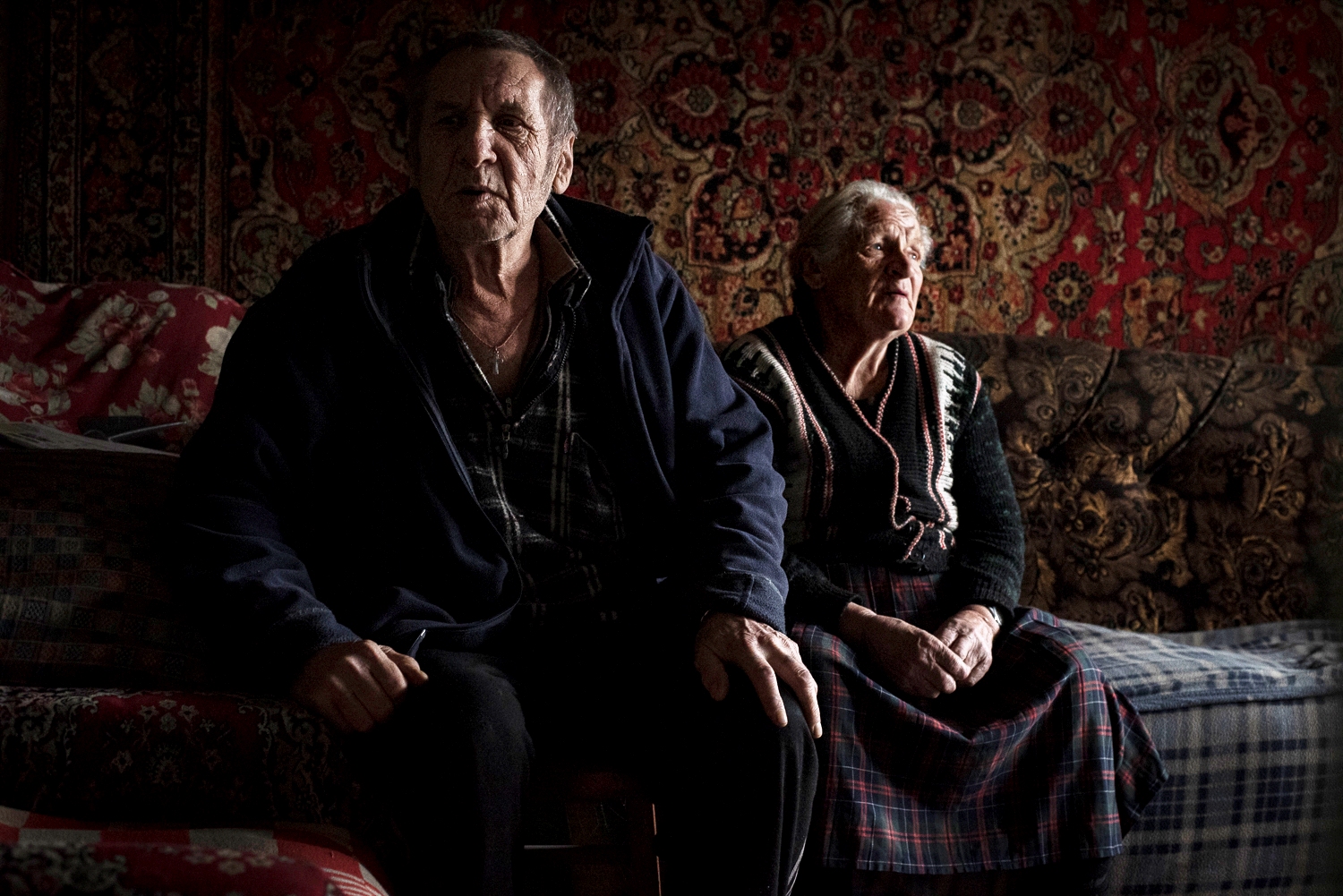As the conflict in Ukraine escalates, with a Russian invasion looking increasingly likely, HelpAge continues to help older people in the east of the country. Area Manager for HelpAge International in Ukraine, talks about what we are doing in the face of the escalating conflict, and what measures we are taking to keep volunteers and staff safe.

Alberto Lores
More than four million people have been directly affected by the conflict in Ukraine which broke out in the east of the country in 2014. A disproportionate number of them are older people.
HelpAge International has been working in Ukraine since the conflict began, providing support to older people in the east of the country. There are 17 HelpAge staff in Ukraine, most of whom are in the east. Almost all the locations where HelpAge operates are within the five-kilometre demarcation line in Ukrainian government-controlled territory. Some communities are located on the very line of contact.
Our work is supported by 33 project assistants from the communities and 230 volunteers who provide ongoing support to the 4,800 older people living in the area.
Our volunteers make home visits at least twice a month and are in constant contact by phone. They provide hygiene kits, including protective equipment against COVID-19, to the older people that they support as well as canes, walkers, crutches, and diapers, depending on the individual s personal needs. They also supply them with information brochures on how to protect themselves from COVID-19.
Fortunately, we managed a distribution of most of our aid supplies before the shelling and have a stockpile set aside in case the conflict escalates. We have already determined how many people we can reach in the event of war and are looking for additional funding.
Everyone hopes for a diplomatic solution to the conflict. But we have informed all of our volunteers and staff what to do in case of an emergency, where to go and what to pack.
The authorities do not provide instructions for older people on what to do in case war breaks out. Maybe this is right, so as not to frighten already frightened people. Older people are tired and scared. Each aggravation of the conflict has a bad effect on their health, both physical and mental.
Talking to older people, we see that each has their own problems and complaints, hopes and aspirations. But all want one thing peace, and to see their children and grandchildren from whom they have been separated for so long.
